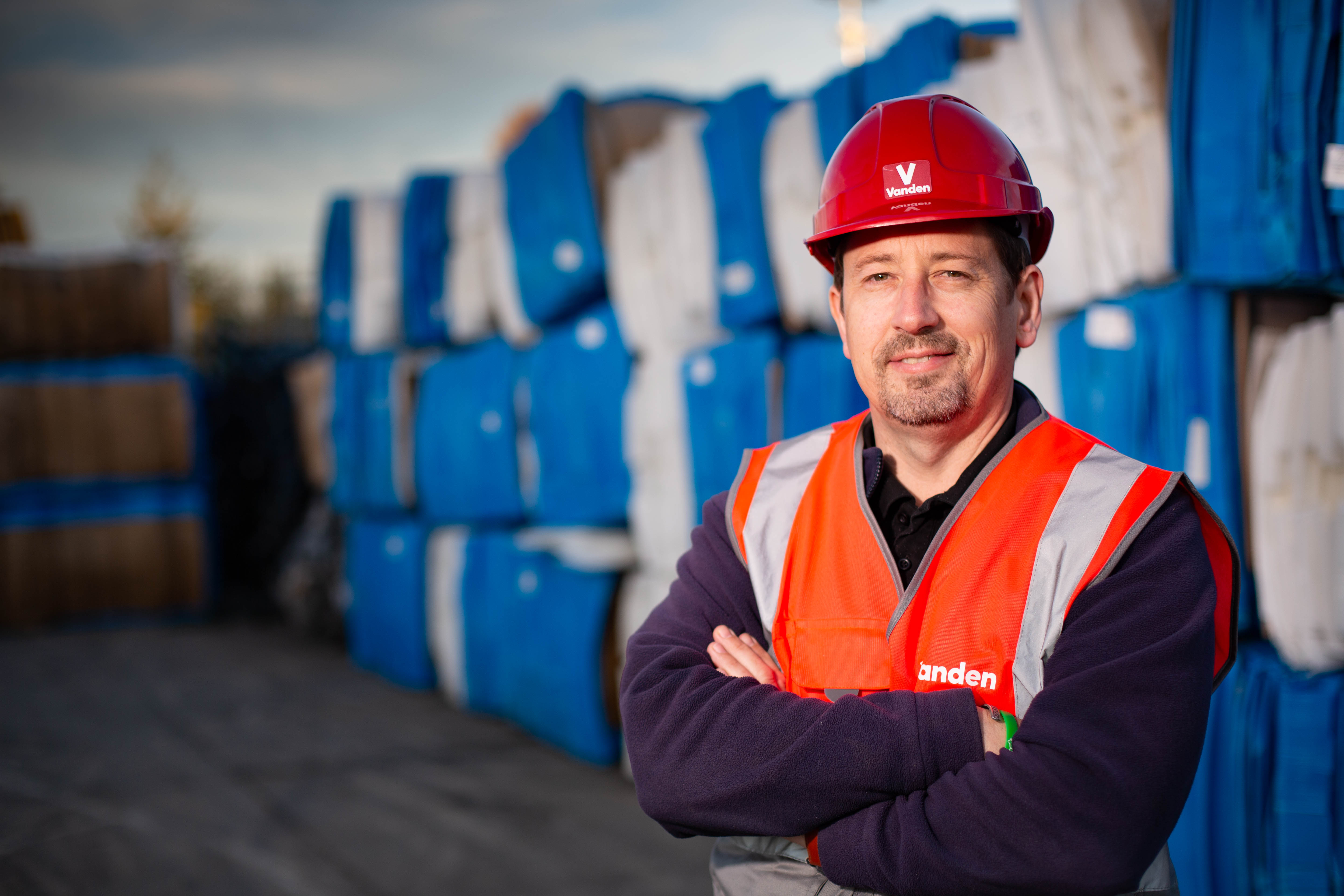Since early on, we introduced the protocol that sees us inspect a large portion of the loads from we receive from suppliers, and this remains to be an element of our business we refuse to compromise on.
This process sets us apart from our competition, who often broker deals from offices or cars without seeing the material in person. It also instils confidence into our customers that we live up to our reputation for being professional, thorough, trustworthy and transparent, and for supplying material of reliable quality.
The cleanliness of material determines which reprocessing method is required, while both the cleanliness and grade of the polymer will impact its value and rebate that can be secured.
Regardless of whether plastic is being sent directly to our customers, or entering our facility to be reprocessed, any form of contamination may result in material quality and value being downgraded.
The situations listed above also have the potential to damage our relationships, and it is for these reasons we attend sites regularly to inspect bales or bags and overview loadings.
The first inspection
When working with a new supplier, the first inspection is critical. This visit is about inspecting the site and operations of a business, as much as the different plastic grades they will supply.
We want to assess that the site is safe, how the material is stored, whether or not they have the appropriate equipment to load onto a lorry or container, identify opportunities for training onsite and look into the general operational aspects of the business.
We uphold our company values in everything we do, and this extends to the businesses we work with. If our suppliers are not willing to be transparent with regards to how the plastic material is produced, and their operations are not aligned with our company values – we don’t work with them.
It’s about transparency
There is still much secrecy surrounding the industry and its processes and we want to remove that completely.
Our inspections allow us to learn more about the supplier’s business and their material, and in turn we can provide realistic expectations when it comes to end market demands and rebates.
It’s also about offering extra value
Physically being onsite also means there is an opportunity for us to offer guidance and add value through support that results in suppliers sending material of a higher quality, securing its potential to be included in a circular economy and securing more competitive rebates.
Vanden will often advise on ways to improve the handling of material onsite, i.e. the way in which plastics are stored, seeking opportunities to avoid mixing plastics together to maximise efficiency on the supplier site and maximise their return.
You can’t offer this value-added service without seeing the material.
What would happen if we didn’t inspect plastic?
In short - the implications to our business of receiving uninspected plastic are significant.
Any material which arrives to our production facility which does not match the initial onsite inspection may cause us to remove staff from planned productions and employ them on unplanned work, resulting in lost productivity.
We want to avoid these situations at all costs, and that is why we will not compromise on regular inspections and attendance at loadings.
What happens when Vanden receive the material?
Further quality control inspection is conducted onsite, to ensure that the loading and transit of the material have not impacted its condition, before it enters the dedicated production area.
Every bale, pallet, octabin, stillage and bag of plastic undergo a variety of testing methods to identify the grade of material, and test for further contamination and barrier layers.
We pride ourselves on our commitment to producing regrinds of the highest quality – to learn more about how we continue to produce high quality plastic regrinds, you can read this in-depth blog post.
Our dedication to the inspection process has allowed us to build trusting and long-lasting relationships partnerships without suppliers and customers, built on honesty and transparency.
If you would be interested in receiving a site inspection from Vanden to evaluate your material and internal plastic recycling processes, or to learn more about the value of the plastic scrap you produce and how this can be improved, please contact us today to arrange.






Tell us what you think...